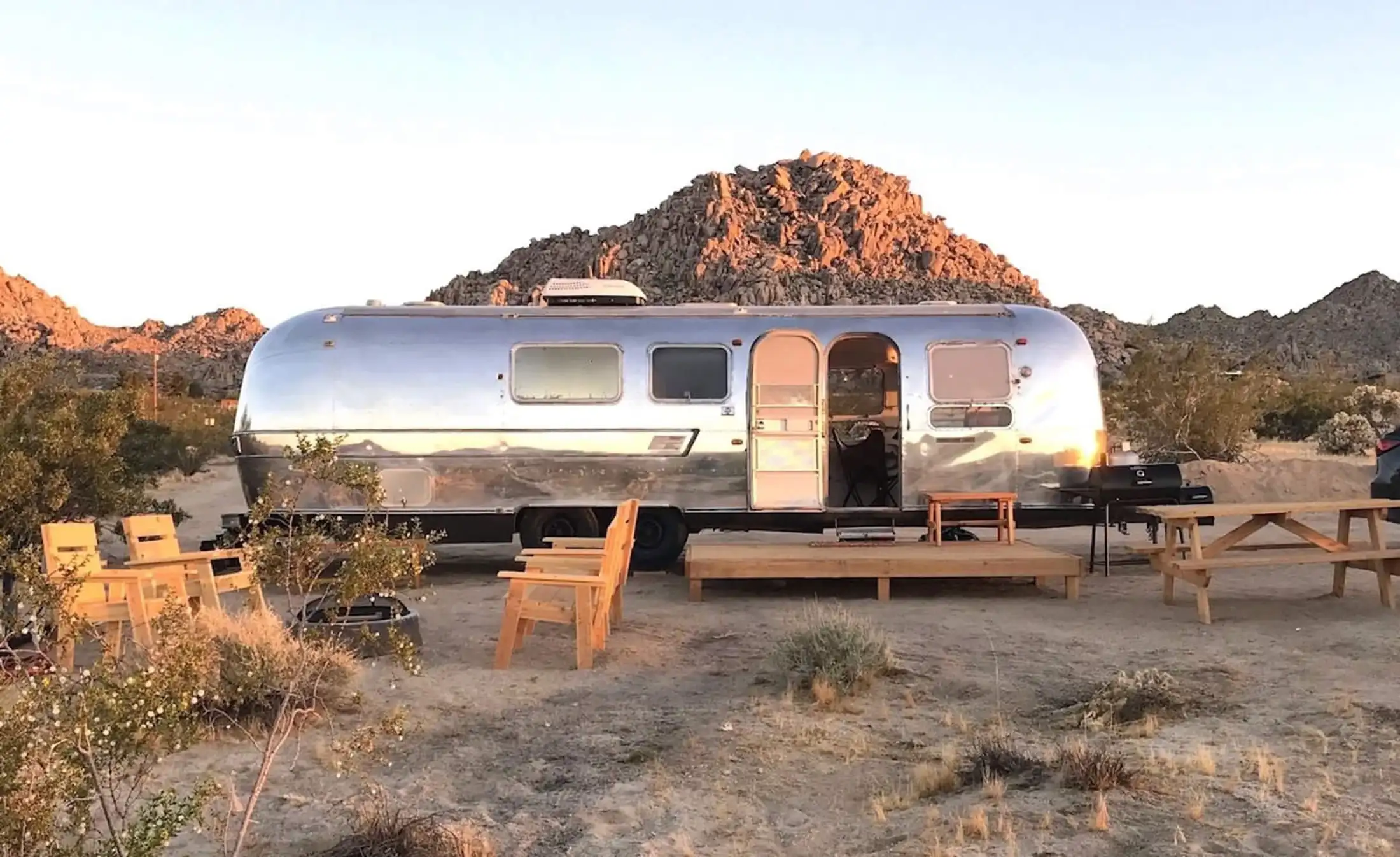The best RV brands have one thing in common: a company willing to put quality over the bottom line. They possess the willingness to manufacture an RV that will last for many camping seasons and possibly even survive the rigors of full time use.
Of course all companies exist to make money. With that said, to many, it seems like RV manufacturers aim to please shareholders over customers. They do everything possible to make the most profit. While certainly not true across the board, there’s some validity to the claim.
So what should you do to ensure you have a high quality RV?
Let’s start with quality materials. If you look at most RVs, it's quickly apparent one of the first places inferior quality RV manufacturers cut corners is on the materials they use to build them. When you’re examining an RV, do a thorough inspection. You should poke walls. Open cabinets, and look inside them. Lift up the bed and look underneath. Peer into the exterior storage compartments. If an RV manufacturer isn’t using high quality material out in the open, imagine what it’s like in the places you can’t see either at all or as easily. That’s a scary thought.
Now let’s focus on appliances and fixtures. Believe it or not, there are actually very few suppliers in this area that an RV manufacturer can use. Water heaters, stoves, furnaces, and air conditioners are examples of what goes in almost every RV you’ll be considering. Even so, there are just a few widely used suppliers of these components essentially all manufacturers buy from. The difference is in the quality or grade of the individual component. The worst RV brands cut corners wherever possible so they purchase the cheapest appliances from the supplier. Alternately, the best RV brands spend extra money, and put in better built appliances that have superior materials and enhanced features. Sometimes the different can ultimately be a minimal cost where it could seem surprising that wasn’t included. When an RV manufacturer is buying appliances by the thousands though, it all adds up for them.
We’d also highly suggest never purchasing an RV without what we consider to be the smartest decision you could make during the buying process. That’s utilizing the resources of the RV Consumer Group to learn who the best RV manufacturer is for you based on your needs. To provide some context, they’re an incredibly well respected, independent, nonprofit organization that’s been rating RVs dating back to 1990. They do a phenomenal job consistently updating their rankings where it’s truly been interesting to see how they’ve changed over time. Many of the RV manufacturers that were once listed at the top are now among the brands to avoid primarily because many became owned by larger corporations. In addition to the rating guides, they also publish must read books on how to inspect RVs and purchase one properly. They heavily rely on actual owner input to properly rate RV brands. This is one of the ways they differentiate between the best RV manufacturers and those of poor quality. It’s with this in mind we highly encourage you to complete their confidential owner survey once you own one.
Another area of importance is quality control. One of the highest costs in manufacturing RVs is ultimately labor. If an RV manufacturer can reduce the number of labor hours that go into building an RV, it's more money in their pockets. You may then wonder how they’re able to reduce the number of labor hours. They accomplish that by taking less care in what employees are actually doing. This is done by demanding their employees produce a particular number of parts in an hour when they should be taking the time to make far less to truly build a quality RV. They cut back on the number of inspection points because quality control inspectors cost money. The end user is never going to see what's behind that wall. In their minds, unless you’re RVing full time, the RV only needs to last through a few weeks of use in that initial year before it's out of warranty afterward, and no longer the manufacturer's problem. In the end, there are a lot of other ways to reduce the number of hours it takes people to build RVs. Most of these practices unfortunately and predictably result in a low quality RV. The best RV manufacturers understand you can only ask so much of a person if you want quality work, and that quality control inspection procedures result in a better end product.
Lastly, we also wanted to focus on RV manufacturer customer support because it’s important to know how well they stand behind their products. This remains one of the best tests to determine just how good or bad an RV manufacturer is right now. Should you have a problem with your new RV, you’ll obviously want the issue resolved fast and have the least amount of problems getting to the end result. Some manufacturers can be difficult to work with when it comes time to get something fixed that’s still under warranty. Others are very prompt and easy to work with because they genuinely want to get your RV back on the road for you as soon as possible. The best RV brands will have a process in place to help their customers when an issue arises. RV brands to avoid oftentimes make you overcome a lot of unnecessary hurdles and drag their feet even with valid and clear cut warranty issues making the process way longer than necessary.
